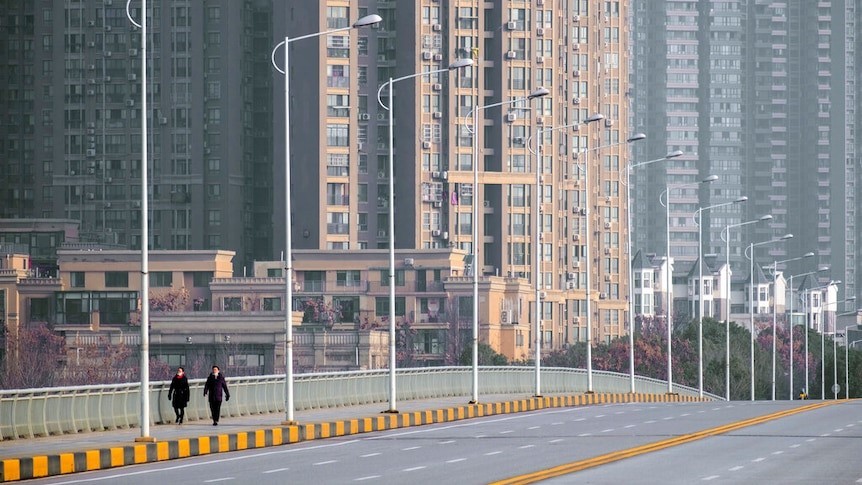 |
| Evergrande 'cluster bomb' explodes, revealing wounds that are difficult to heal in China's real estate market. In photo: China's real estate boom has seen high-rise apartments spring up "like mushrooms" across the country. (Source: AP) |
Supply falls, demand falls faster
According to a Bloomberg survey , real estate investment may have continued to decline in July 2023, bringing the seven-month decline since the beginning of the year to 8% compared to the same period in 2022. This is a consecutive decline from 7.9% in the first 6 months of the year.
Notably, conditions for property developers have not improved. New home sales by top homebuilders fell the most in a year in July, despite many cities easing home-buying restrictions. That has dealt a blow to developers in need of cash to ease a years-long credit crunch.
Country Garden Holdings Co., once China’s largest private-sector developer by revenue, will join a string of defaulters such as China Evergrande Group if it fails to make interest payments due last week on two dollar bonds within 30 days.
China International Capital Corp analysts, including Zhang Wenlang, have warned that pressures along the real estate value chain such as sales, land acquisition and construction could continue to weigh on China's economic growth.
Watching the Dongjiang County Football Tournament in Guizhou Province on TV or video, you can see that the stadium is surrounded by tall buildings.
Dongjiang District covers an area of over 3,300 square kilometers and has a population of less than 300,000. Although its area is three times that of Hong Kong (China), its population is only about 4% of that of Hong Kong. With a low population density, it is estimated that the occupancy rate of these high-rise buildings will not be too high.
The average living area per capita of urban residents in China in 1978 was 3.6 square meters, now it has increased to nearly 40 square meters. About 97% of urban households have houses, each household has an average of 1.5 houses, 40% of urban households have 2 houses or more. In September 2016, the government began to regulate the real estate market, the average price has dropped significantly.
In 2020, the national average price was 9,860 yuan (about 1,360 USD)/m2).
By the end of 2022, the average real estate price will fall to 9,800 yuan/m2. With the current housing price level, supply is greater than demand, indicating high housing prices. There is also a bubble in the real estate market, which in the long run will prevent many people from realizing their desire to improve their housing. However, if housing prices plummet, it will also affect employment and consumption in the short term.
According to the National Bureau of Statistics of China, the area of commercial housing sales in the first half of this year decreased by 5.3% year-on-year, of which the area of residential housing sales decreased by 2.8%. Commercial housing sales increased by 1.1%, of which residential housing sales increased by 3.7%. New home prices increased slightly, high primary market prices supported used home prices. In some cities, high home prices hindered used home transactions.
According to statistics from lianjia.com , the number of used house for sale signs in Beijing, Shanghai, Guangzhou, Shenzhen in the first half of the year increased by 48.2%, 36.7%, 35.8% and 30.9% respectively compared to the same period. However, the number of successful used house transactions decreased by 12.7%, 11.1%, 10.3% and increased by 0.8% respectively compared to the same period.
Many small investors complain that "there is a price but no market", even when the price is stable, but if the price is not reduced sharply, it cannot be sold.
Housing prices in second, third and fourth tier cities are low, people's incomes are also relatively low, new houses are generally sluggish, and the used housing market is even more gloomy.
Zhongshan and Jiangmen cities in the Greater Bay Area all have large numbers of vacant homes, and used housing transactions are sporadic.
How to treat slow-healing wounds?
China's real estate market is still generally not optimistic in the first half of 2023, as the supply-demand relationship of the real estate market has changed, and house prices will continue to decline at least in the short term.
In mid-July, the People's Bank of China (PBoC, central bank) confirmed that "the supply-demand relationship in the real estate market has undergone profound changes."
On July 21, the regular session of the State Council of China emphasized the need to stably reform urban villages in megacities.
On July 24, the Politburo held a conference to discuss the real estate market, emphasizing the need to adapt to the new situation of major changes in the supply-demand relationship of China's real estate market, and promptly adjust and optimize real estate policies. The Politburo once again proposed to actively promote the renovation of urban villages and the construction of "normal and emergency" dual-use public infrastructure; emphasizing the need to develop low-cost rental housing through various channels.
On August 1, the PBoC and the State Administration of Foreign Exchange held a work conference for the second half of the year, announcing support for the stable and healthy development of the real estate market. The conference extended the loan guarantee period for home delivery, provided stable and orderly financing for the real estate market, and increased financial support for rental housing, urban village renovation, and low-cost housing construction.
At the same time, the Conference emphasized the need to improve the system of monitoring, evaluating and preventing financial risks, maintaining red lines to prevent systemic financial risks. Managers also emphasized the implementation of a differentiated housing credit policy, guiding the reduction of individual housing credit interest rates and first payment rates, meeting housing needs.
In recent months, the Chinese government has also continuously announced economic stimulus information. The core contents include:
First, China’s real estate market has shifted from excess demand to excess supply. Real estate remains a major component of household wealth, but the era of home ownership as the primary means of accumulating wealth is over. China’s real estate development investment also fell 7.9% in the first half of the year, while demand fell at an even faster pace.
Second, the current bank financing of real estate has two important goals: One is to ensure the handover of houses, support developers to deliver houses according to contracts, and prevent the collapse of the real estate market. The other is to renovate urban villages, develop low-cost housing and low-cost rental housing. Although some documents do not mention the form, the specific measure is still to implement "houses for living, not speculation". However, without speculation, high housing prices are difficult to maintain.
Third, strengthen supervision and risk management. On July 27, Evergrande Real Estate Development Group announced that its total debt at the end of 2022 exceeded 2.4 trillion yuan. As of the end of 2022, Evergrande had more than 100,000 employees; contract debt was more than 720 million yuan, related to hundreds of thousands of apartments that had been sold but not yet delivered.
How to properly and legally deal with insolvent, illiquid and loss-making real estate companies like Evergrande is a test for China's banking system and other creditors.
Fourth, reducing mortgage interest rates and down payment rates is mainly to help first-time homebuyers and those who need to improve their homes. If people's income and home prices do not change, reducing down payment rates will cause the real estate bubble to spread to financial credit. This contradicts the goal of preventing systemic financial risks and limits the room for maneuver.
If house prices remain unchanged for a long time and wages increase, some old buildings will be demolished, and the purchasing power of new residents may support current prices a few years later.
The government has continuously introduced favorable measures to stabilize real estate prices in order to stabilize the economy, but in general, Chinese real estate prices will continue to decline in the short term, especially in the used housing market.
Source



![[Photo] Ministry of Defense sees off relief forces to the airport to Myanmar for mission](https://vstatic.vietnam.vn/vietnam/resource/IMAGE/2025/3/30/245629fab9d644fd909ecd67f1749123)
![[Photo] Prime Minister Pham Minh Chinh chairs meeting to remove difficulties for projects](https://vstatic.vietnam.vn/vietnam/resource/IMAGE/2025/3/30/7d354a396d4e4699adc2ccc0d44fbd4f)



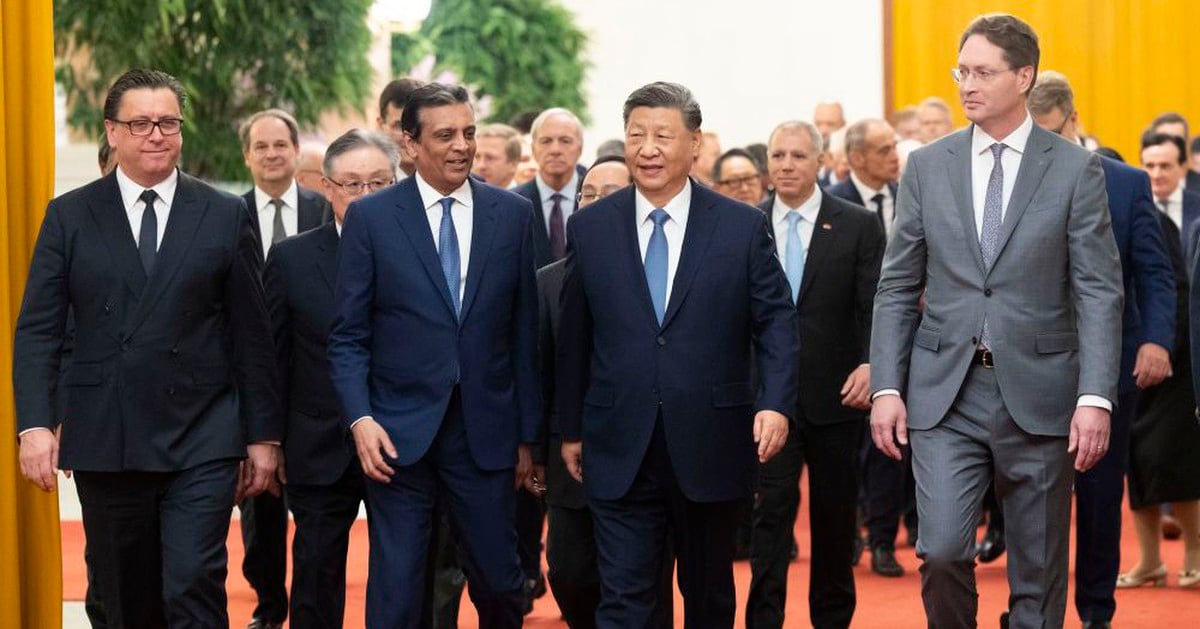

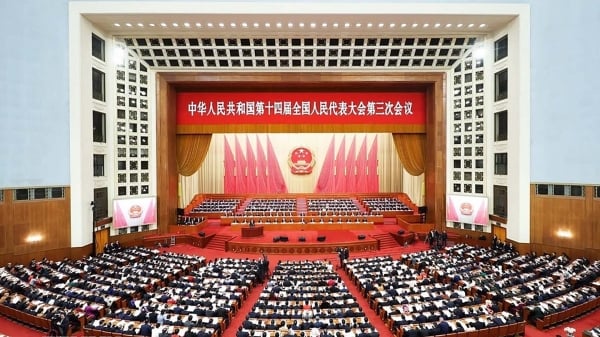
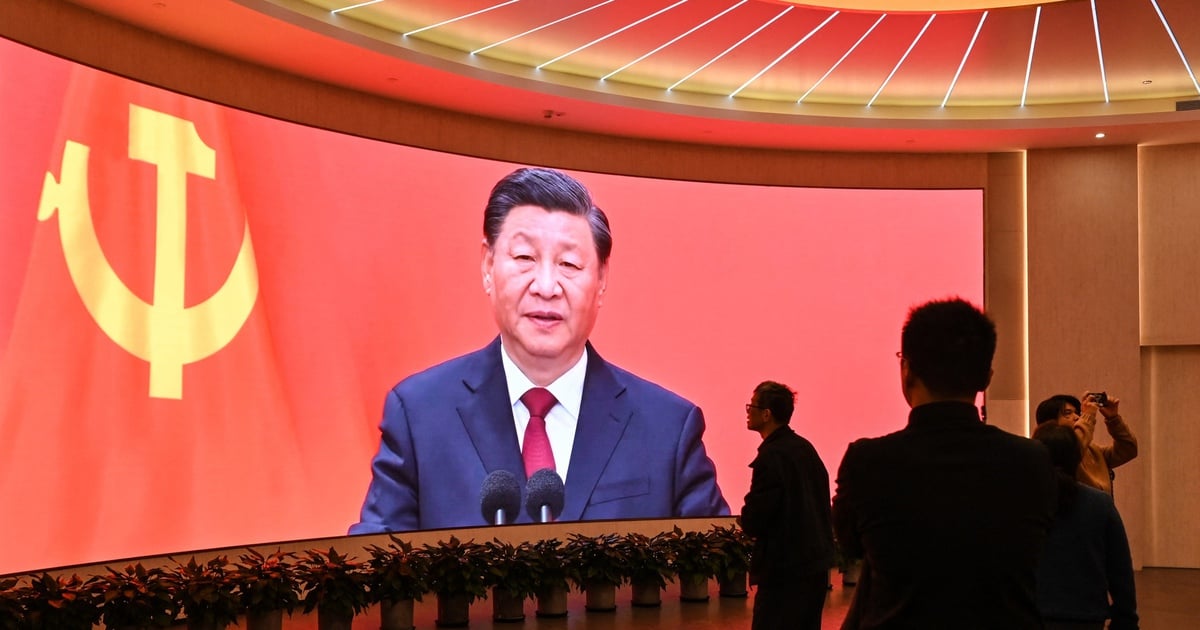

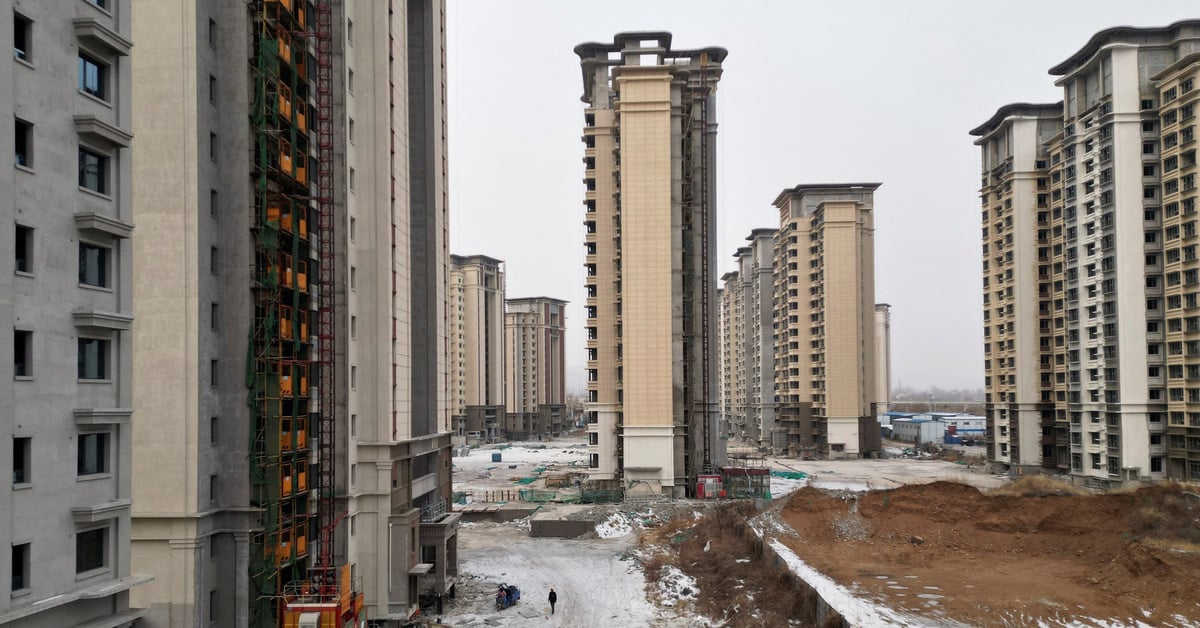
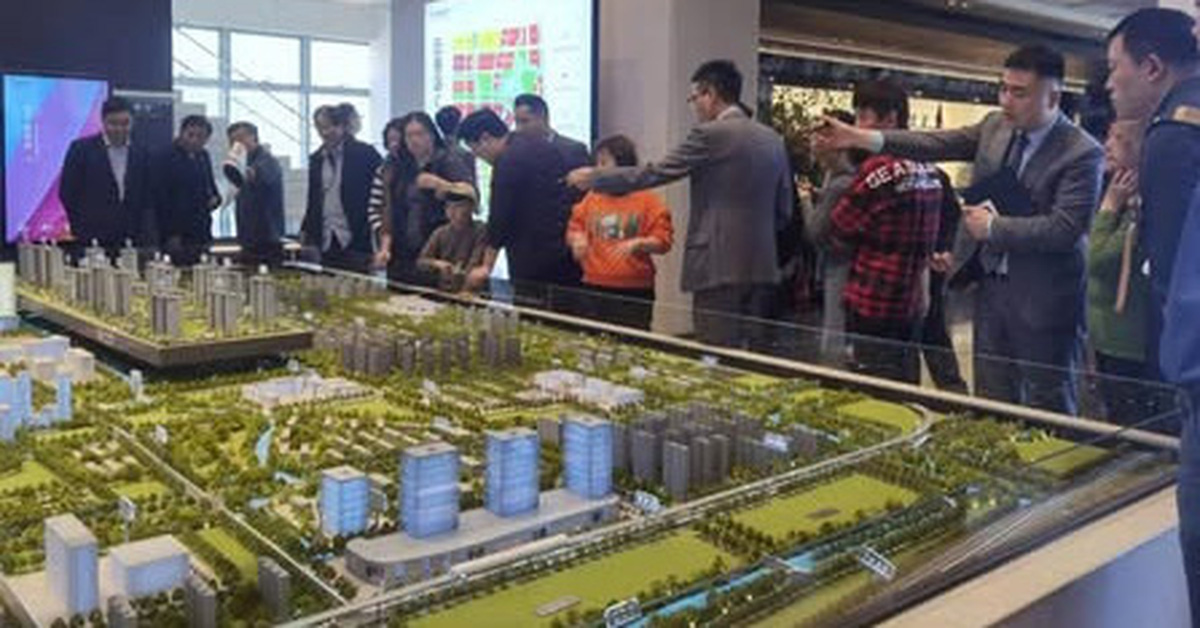
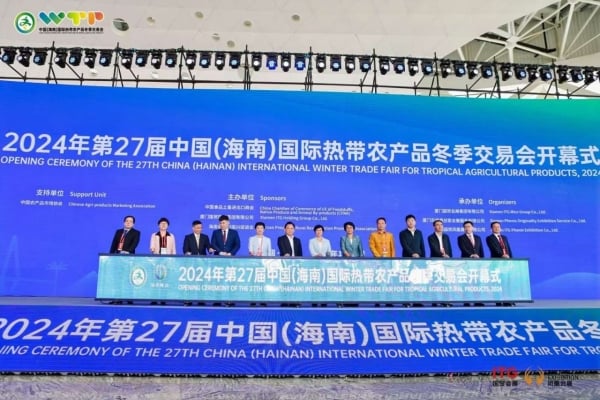


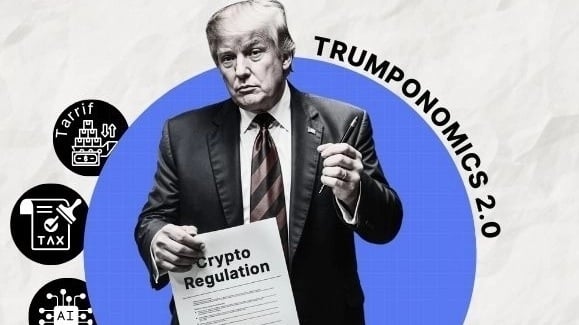


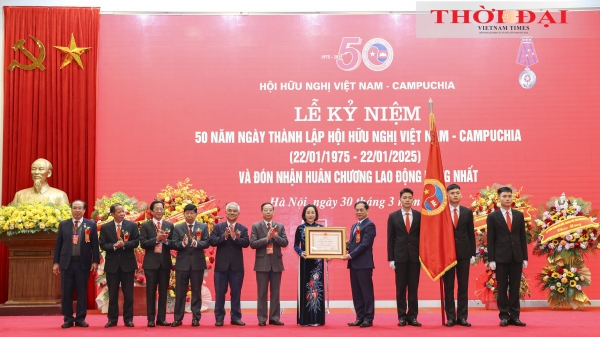










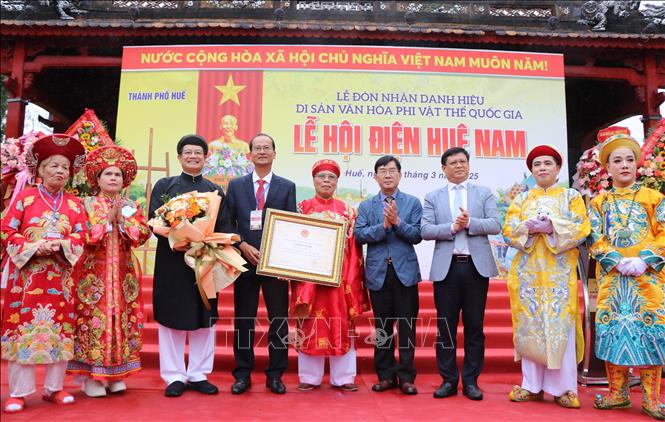



















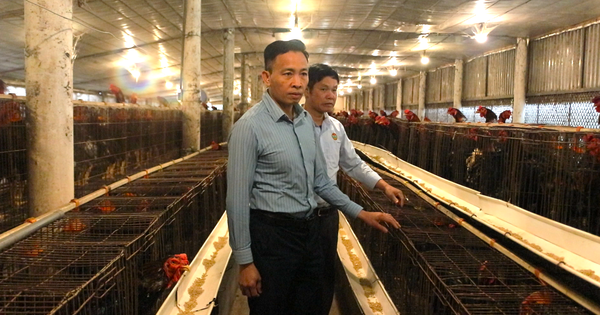









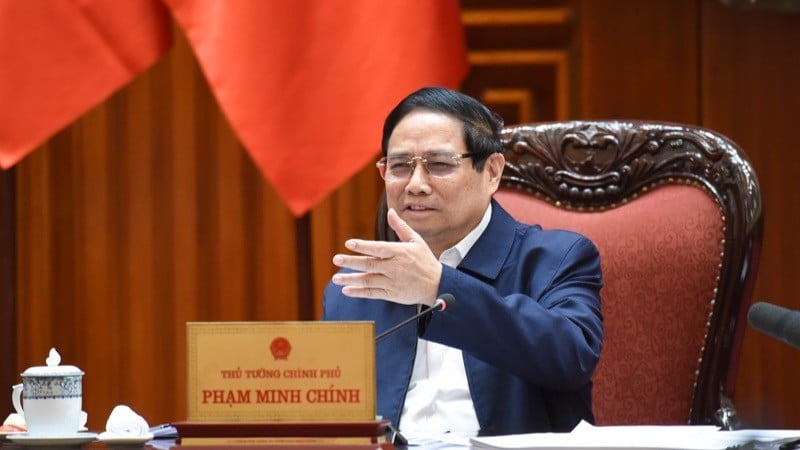



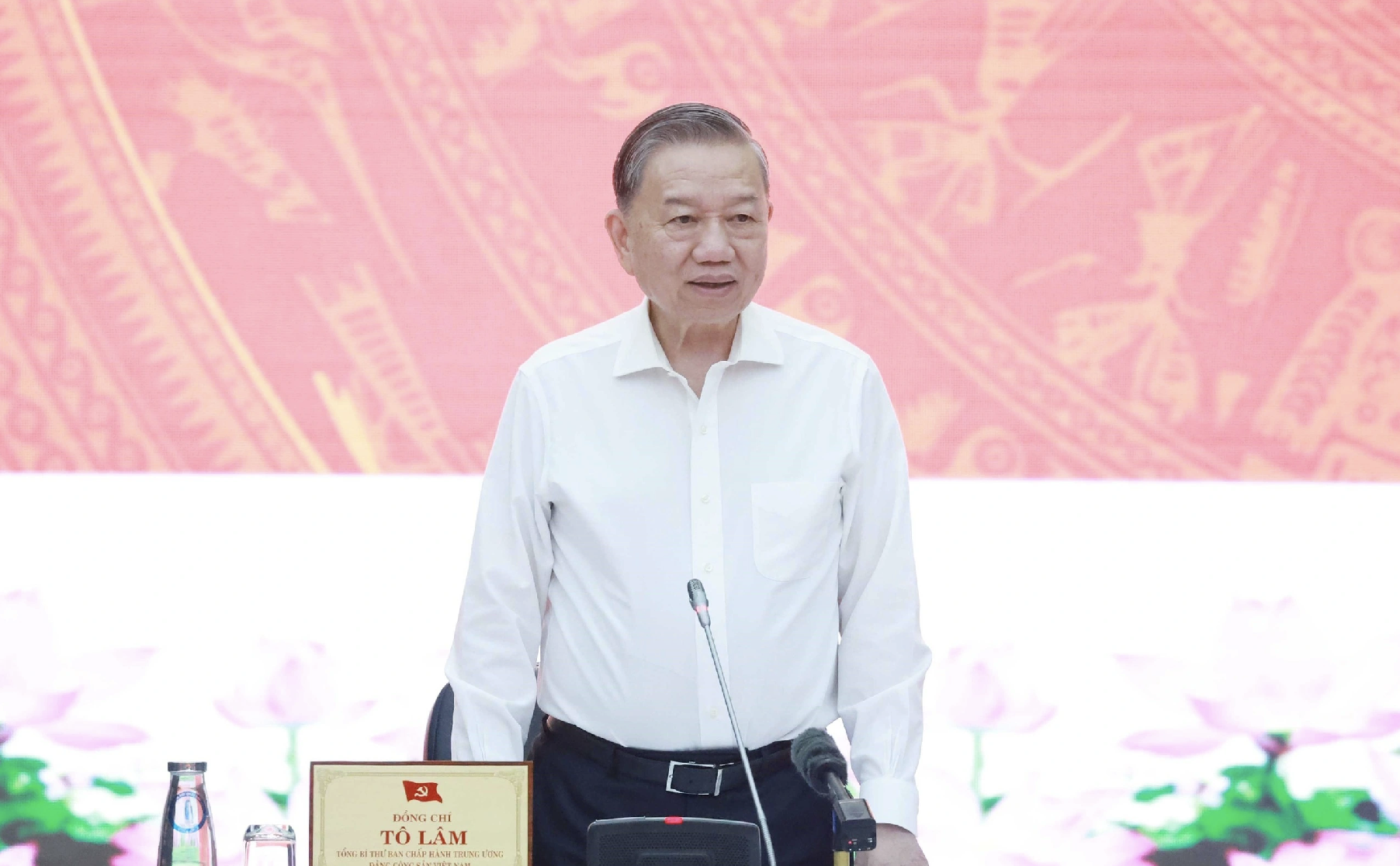



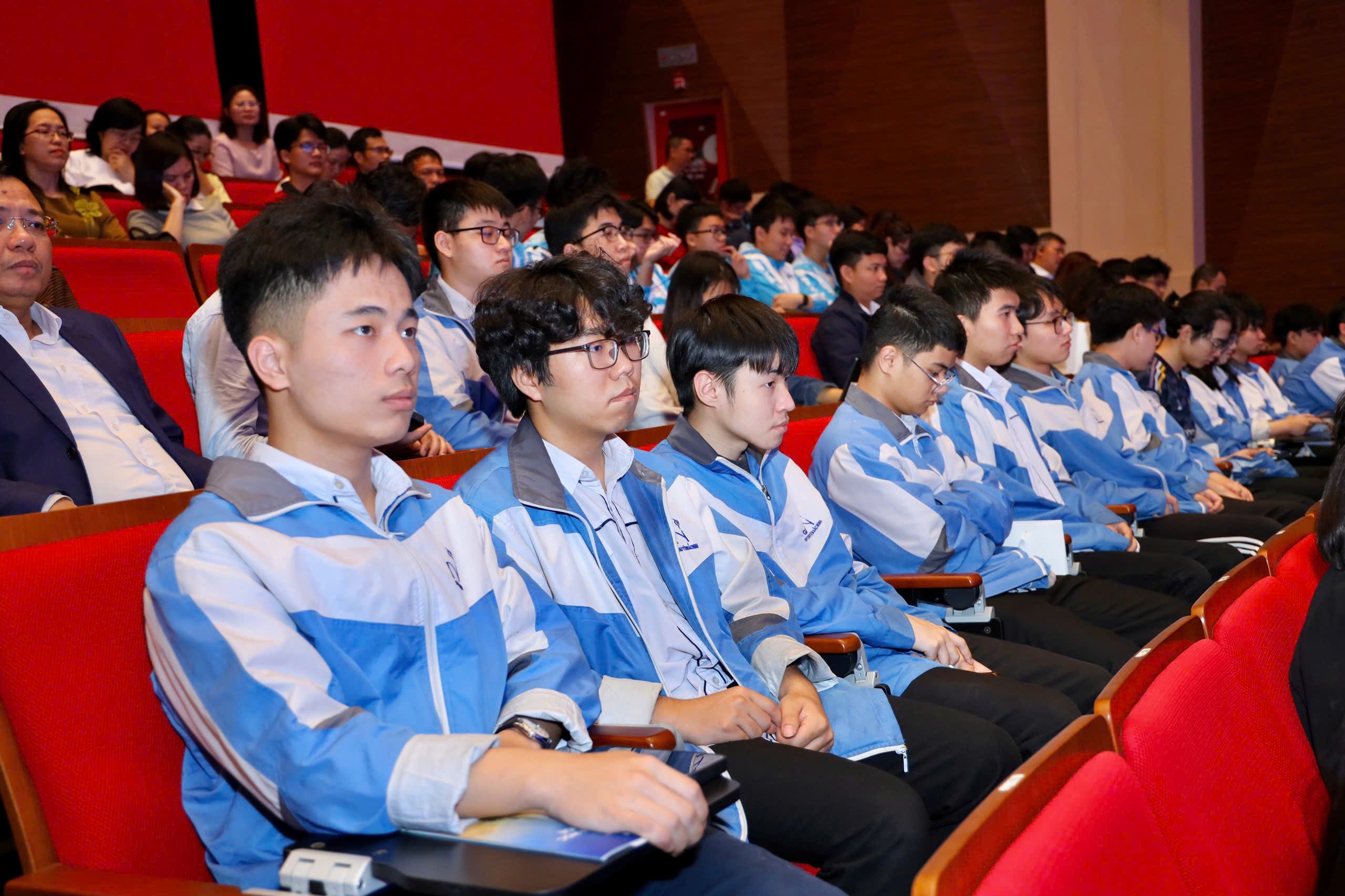








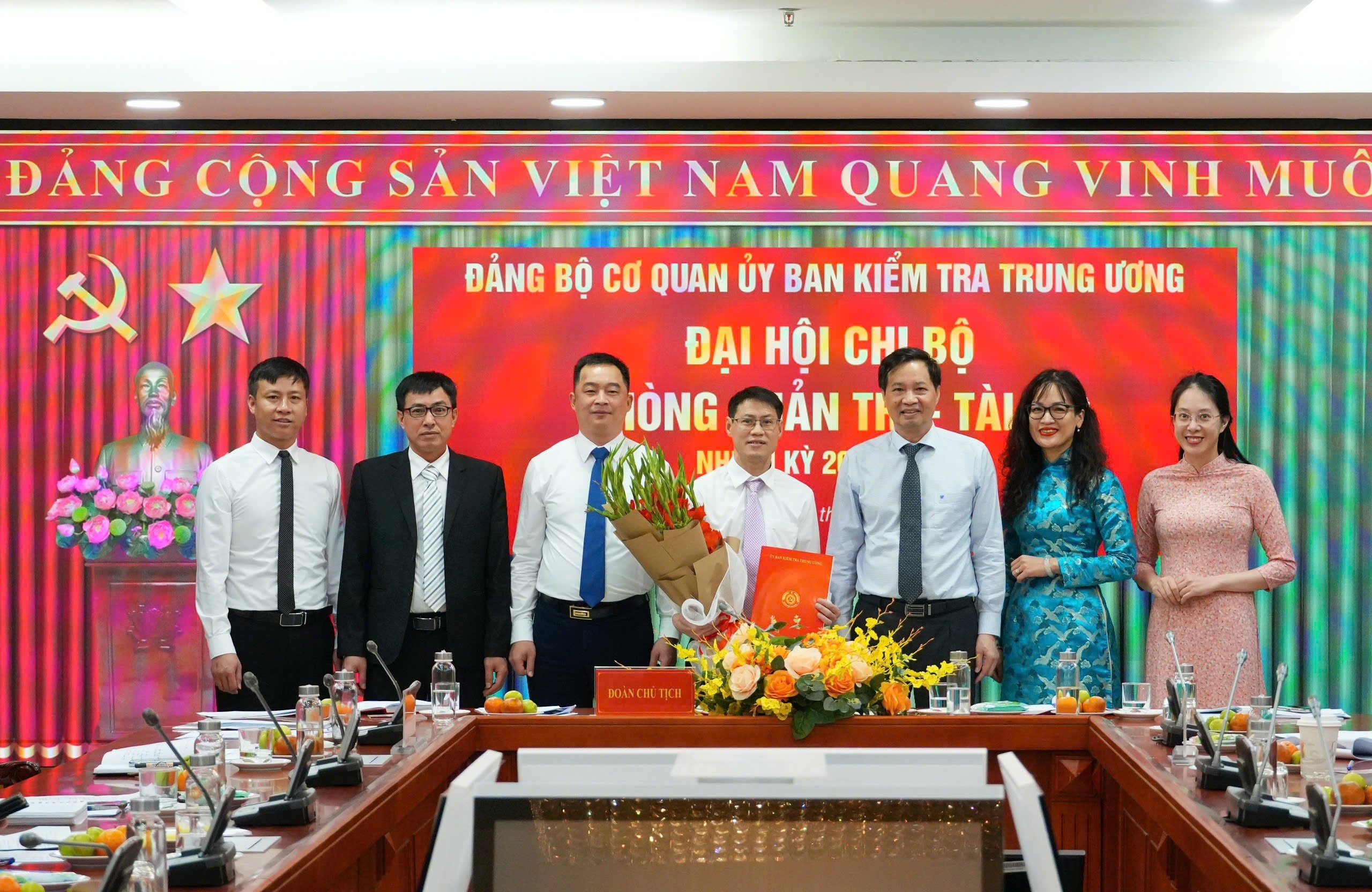






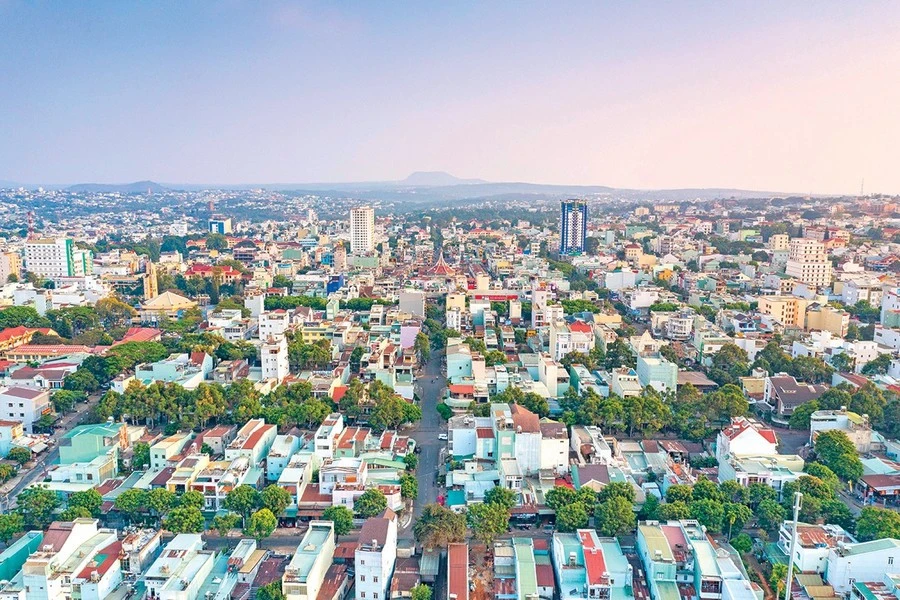





![[REVIEW OCOP] An Lanh Huong Vet Yen Cat](https://vstatic.vietnam.vn/vietnam/resource/IMAGE/2025/3/27/c25032328e9a47be9991d5be7c0cad8c)







Comment (0)